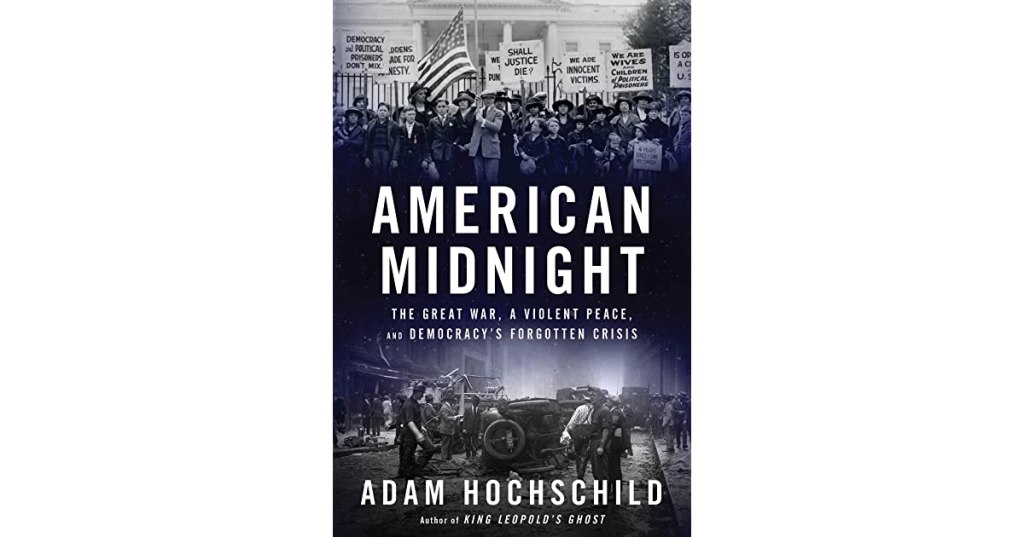• Updated May 15, 2023
We want to hear from you while you’re reading this month’s book. To ask questions, share thoughts, and interact with other members use the comment section on this page.
We want to hear from you while you’re reading “American Midnight.”

We want to hear from you while you’re reading this month’s book. To ask questions, share thoughts, and interact with other members use the comment section on this page.
Please note that we at The Dispatch hold ourselves, our work, and our commenters to a higher standard than other places on the internet. We welcome comments that foster genuine debate or discussion—including comments critical of us or our work—but responses that include ad hominem attacks on fellow Dispatch members or are intended to stoke fear and anger may be moderated.